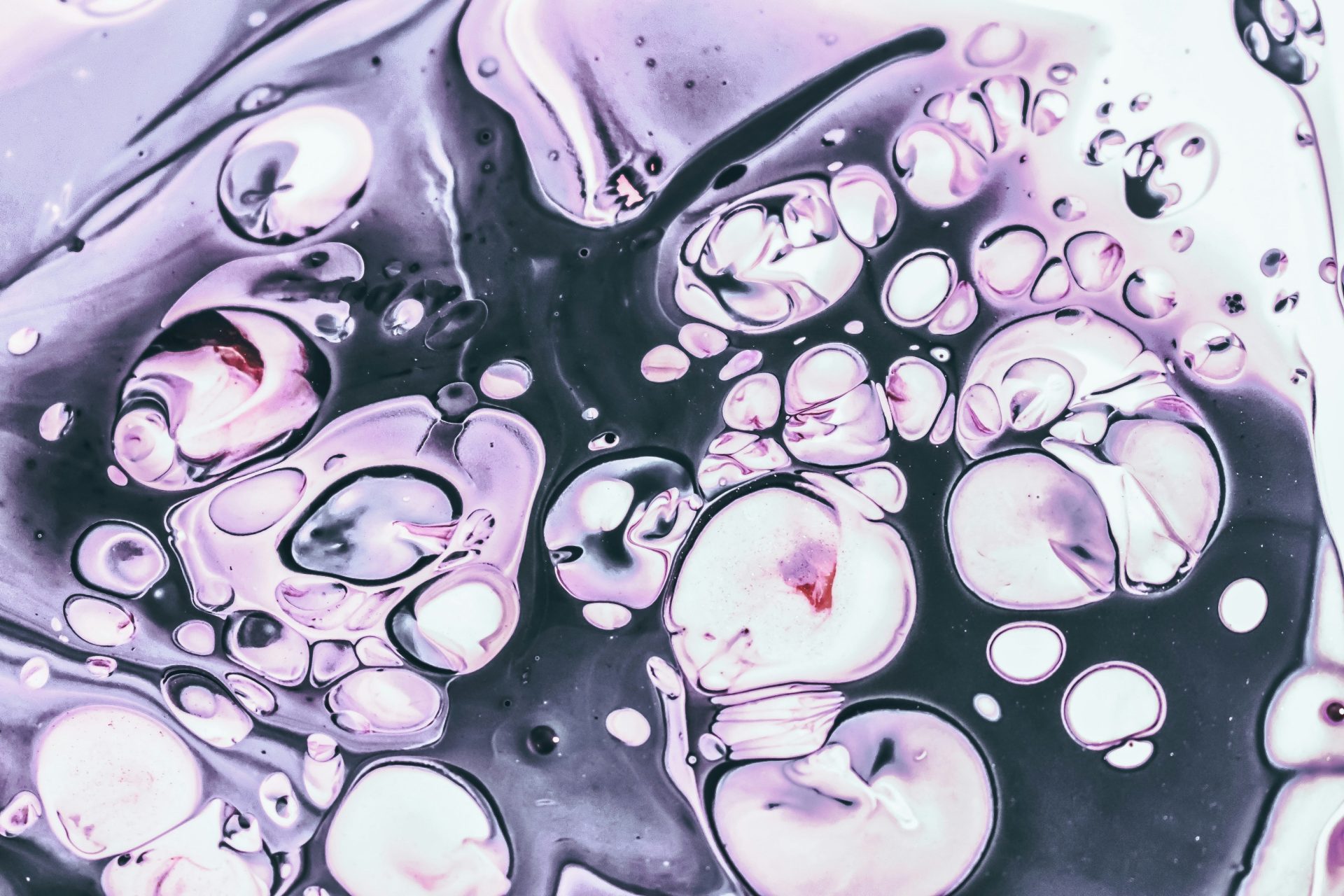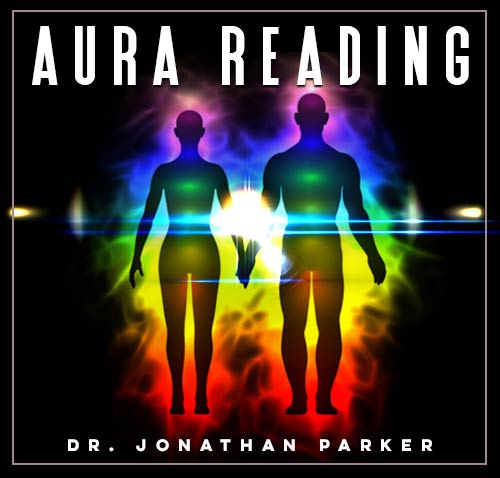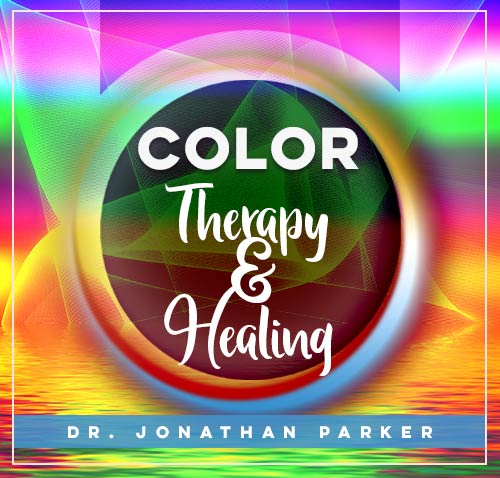Rust – Color Meaning and Symbolism

Before diving in, please note: This post is for informational purposes only. If you’d like to know more about how we approach topics, feel free to check out our friendly Disclaimer Page.
Hey there, amazing readers! 🖐️ Just a quick note: yes, we know there are a lot of ads here. Trust us, we get it—it’s not the prettiest look, but they help us keep this blog alive and kicking. Those pesky little ads cover the costs of all the behind-the-scenes magic, from hosting and tech stuff to creating content we hope you’ll love.
We’re committed to delivering quality posts, and your support (even just sticking around despite the ads) means everything to us. So, bear with us, and thanks for helping us keep the good vibes rolling. Now, on to the fun stuff! 😉
TRANSLATE BUTTON AT THE END OF THE ARTICLE
Overview
Rust is a unique color that combines elements of brown, orange, and red to create a warm and earthy hue.
This color is often associated with decay, aging, and rusted metal, but it also carries deeper meanings and symbolism.
In this article, we will explore the meaning and symbolism of the color rust, its historical significance, psychological implications, cultural associations, and its use in art and design.
Understanding the Color Rust
Rust is a color that closely resembles the reddish-brown appearance of iron oxide, which forms when iron or steel is exposed to moisture and oxygen over time.
This natural process of oxidation gives rise to the distinctive rusty color, hence the name.
The color rust is often described as warm, earthy, and robust, evoking a sense of nostalgia and rustic charm.
It carries a sense of authenticity and a connection to nature, making it a popular choice in various contexts.
Historical Significance of Rust
Throughout history, rust has been associated with the passage of time and the inevitable decay of objects.
Rusty artifacts and ruins serve as reminders of the fleeting nature of human existence and the impermanence of material possessions.
In ancient times, rusted weapons and armor were seen as symbols of wear and tear, suggesting battles fought and victories won.
Rust also holds historical significance in terms of industrialization, as it represents the transformation of raw materials into useful objects through time and exposure.
Psychological Implications of Rust
From a psychological standpoint, the color rust can evoke a wide range of emotions and associations.
Its warm and earthy tones can create a sense of comfort, grounding, and stability.
Rust can also trigger feelings of nostalgia and remind individuals of their roots and heritage.
On the other hand, rust’s association with decay and aging can elicit feelings of melancholy and loss.
It may serve as a reminder of the passing of time and the inevitable changes that occur in life.
Overall, rust’s psychological implications vary depending on individual experiences and perceptions.
Cultural Associations with Rust
Different cultures have varying associations with the color rust.
In Western cultures, rust is often linked to autumn and the changing colors of leaves, symbolizing the beauty of transition and letting go.
It can also represent warmth, coziness, and a connection to the earth.
In some Asian cultures, rust holds symbolic value in traditional artwork, representing wisdom, endurance, and the beauty that arises from age and experience.
Additionally, rust-colored garments or accessories may be worn to represent a sense of elegance and refinement.
Rust in Art and Design
Rust has found its place in various forms of art and design.
In visual arts, the color rust can be used to evoke specific moods or atmospheres.
It can add depth and texture to paintings, sculptures, and photographs, creating a sense of history and character.
Rust has also made its way into interior design, where it is often used as an accent color to add warmth and an industrial aesthetic.
In fashion, rust-colored clothing and accessories have become trendy, as they exude a sense of sophistication and uniqueness.
Additionally, rust has found its way into graphic design and branding, as it can convey a sense of reliability, tradition, and authenticity.
Conclusion
Rust is a complex color that carries a range of meanings and symbolism.
While it is often associated with decay and aging, it also represents authenticity, connection to nature, and the beauty that arises from the passage of time.
Understanding the historical, psychological, and cultural implications of rust can enhance our appreciation for this unique color.
Whether used in art, design, or personal style choices, rust brings warmth, character, and a touch of nostalgia to our lives.

The Enlightenment Journey is a remarkable collection of writings authored by a distinguished group of experts in the fields of spirituality, new age, and esoteric knowledge.
This anthology features a diverse assembly of well-experienced authors who bring their profound insights and credible perspectives to the forefront.
Each contributor possesses a wealth of knowledge and wisdom, making them authorities in their respective domains.
Together, they offer readers a transformative journey into the realms of spiritual growth, self-discovery, and esoteric enlightenment.
The Enlightenment Journey is a testament to the collective expertise of these luminaries, providing readers with a rich tapestry of ideas and information to illuminate their spiritual path.
Our Diverse Expertise 🌟
While our primary focus is on spirituality and esotericism, we are equally passionate about exploring a wide range of other topics and niches 🌍📚. Our experienced team is dedicated to delivering high-quality, informative content across various subjects ✨.
To ensure we provide the most accurate and valuable insights, we collaborate with trusted experts in their respective domains 🧑🏫👩🏫. This allows us to offer well-rounded perspectives and knowledge to our readers.
Our blog originally focused on spirituality and metaphysics, but we’ve since expanded to cover a wide range of niches. Don’t worry—we continue to publish a lot of articles on spirituality! Frequently visit our blog to explore our diverse content and stay tuned for more insightful reads.







